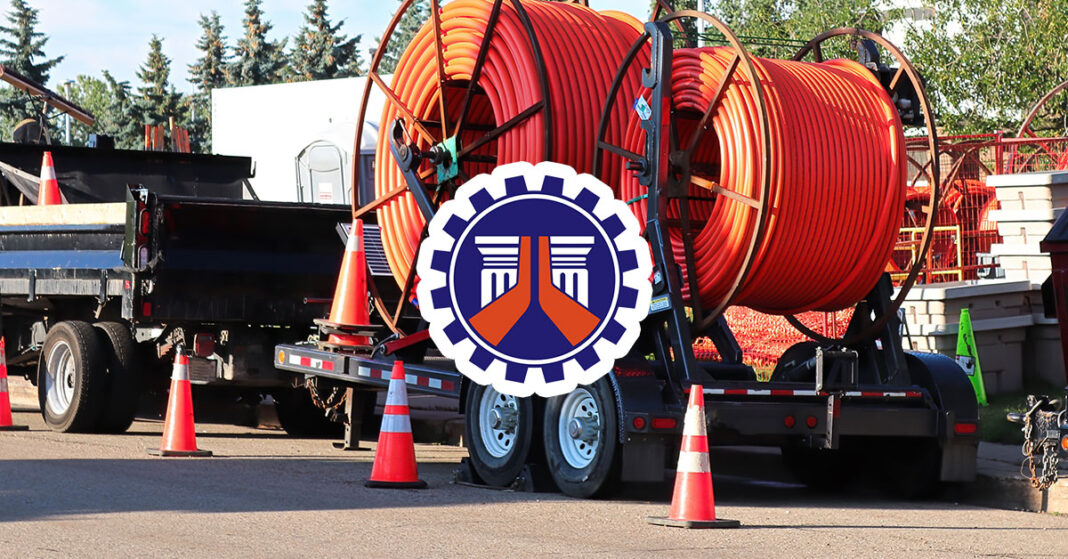The Department of Public Works and Highways (DPWH) announced their plans to deploy an underground cabling system in the National Capital Region (NCR), which was first done in Davao City. This initiative aims to reduce power outages caused by natural disasters such as typhoons.
DPWH is looking at how Davao was able to go about placing the cables underground and is working closely with other government agencies, including the Department of Energy to ensure that the projects are in line with national guidelines and standards.
The project includes underground laying of cables and other related infrastructure, greatly reducing the risk of power outages caused by fallen trees and other debris during natural disasters.
DPWH recognizes the need for a reliable and robust power system in NCR. The current power supply infrastructure based on overhead transmission lines is susceptible to damage from natural disasters such as typhoons, which usually results in prolonged power outages and disruptions, causing inconvenience to a lot of people.
Underground cabling systems are designed to improve power reliability and reduce the risk of power outages in the event of a natural disaster. Implementing it in NCR will also eliminate one of the biggest eyesores in Metro Manila — the very much obvious overhead power lines. Furthermore, it will help avoid accidents such as electrocution.
DPWH is considering fully funding the project, initially subsidizing transmission costs to concessionaires such as Meralco, water utilities, and telecom operators. Utility service providers are also keen on adopting the underground cable system, but stressed that it will, of course, need government subsidies and proper planning.
What’s more is that the underground cabling system is expected to contribute to the economic development of NCR, enabling businesses to operate safer, be more productive, and create more jobs.
The system also attracts new investments since investors are more likely to invest in regions with reliable infrastructure. DPWH’s acquisition of NCR’s underground cabling system is an important step in modernizing the country’s infrastructure and improving the quality of life of its citizens. The entire project is expected to take several years, but DPWH is committed to completing it on time while minimizing public impact.
DPWH has started working on the project, however, this will take time as it will require efficient planning to be able to implement since it involves a significant investment and coordination among various stakeholders.

